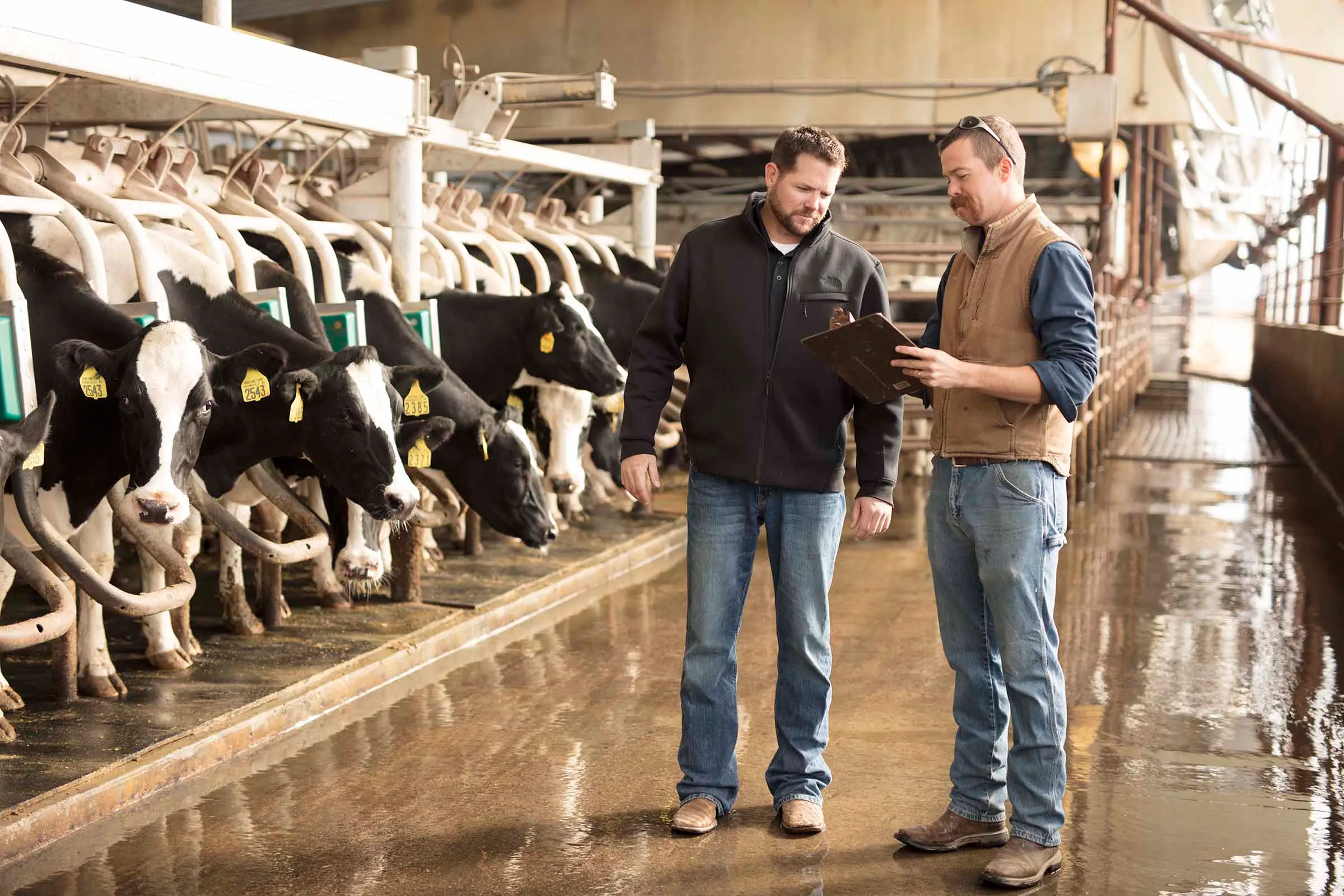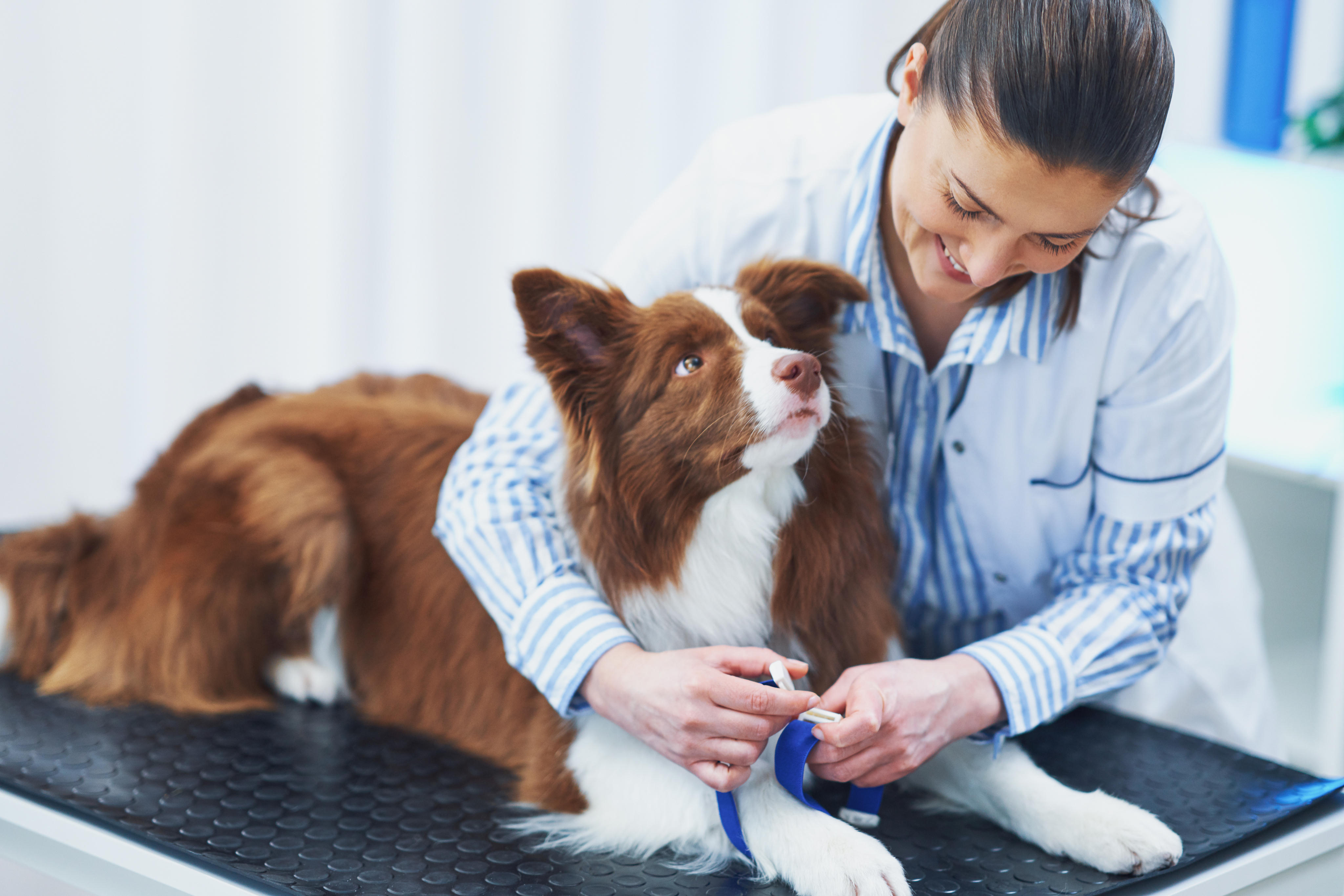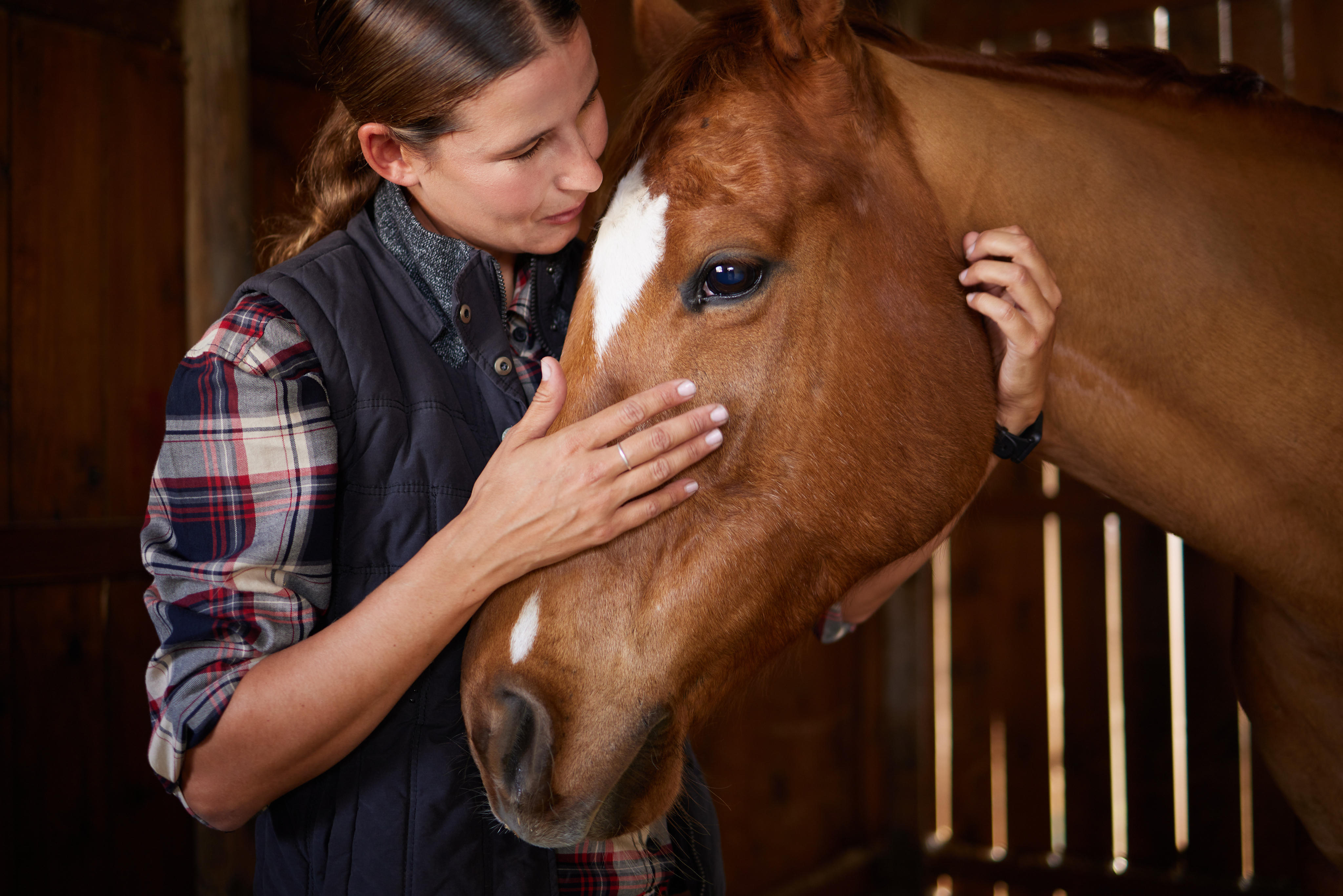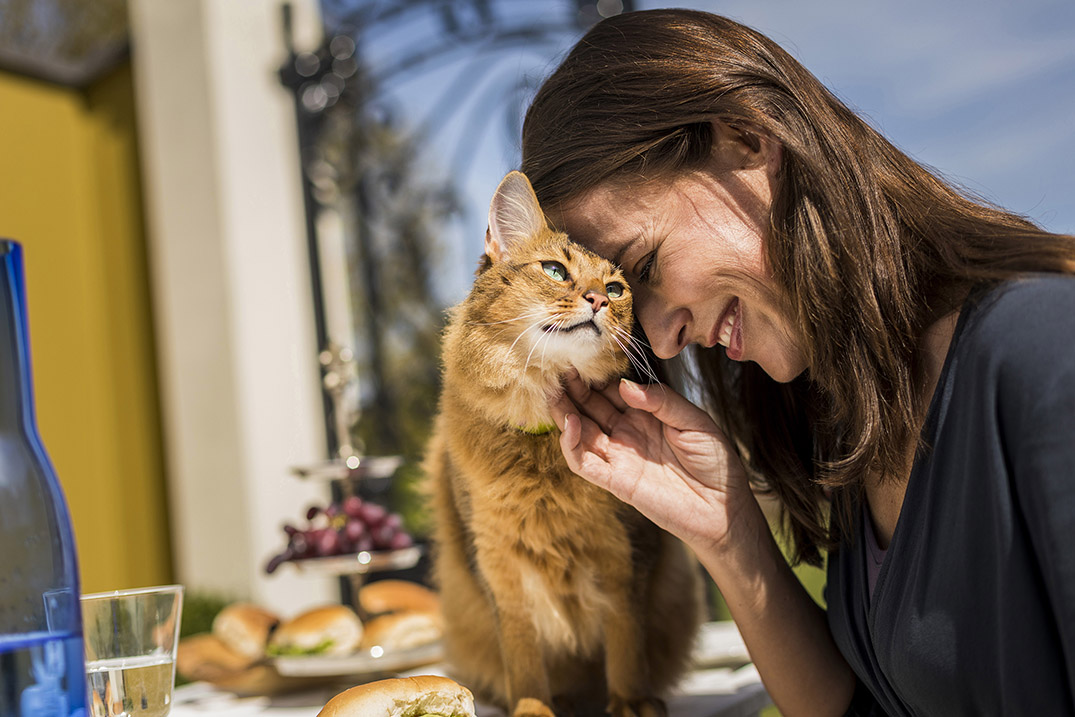Foal Vaccinations
Once your foal is born, immediate disease protection can occur through the consumption and absorption of his vaccinated dam’s first milk, called colostrum. Over time, the maternal antibodies present in the colostrum decline and your foal needs the added protection that only comes through proper immunization. Preventing disease through a strategic vaccination program is safer, easier and more economical than treating a sick foal.
Work with your veterinarian to develop a customized vaccination schedule that takes into account your region of the country, endemic diseases on your farm and your foal’s risk of disease exposure. Risk factors to consider include how many other mares and foals your foal will contact during the first year of life and whether your foal will remain on your farm or travel to other locations when his dam is rebred or he is sent for training.
Timing of the first vaccinations is critical. The maternally derived colostral antibodies that provide the foal with temporary protection are the same antibodies that prevent the foal from mounting an acceptable immune response to vaccines that are administered too early.
Recommended vaccination timing1
Around four to six months of age, your foal is ready for its first vaccinations (if its dam had been vaccinated). The following vaccination schedule is adapted from AAEP core and risk-based vaccination guidelines for foals.
Talk to your veterinarian about which risk-based vaccines are needed for your farm and geography. Specific vaccine product label recommendations may vary by manufacturer. Refer to the manufacturer’s product label.
| Age | Core Vaccines | Risk Based Vaccines |
|---|---|---|
| 2-3 months | Botulism first dose. Second dose 4 after first dose. Third dose 4 weeks after second dose. | |
| 4-6 months | Eastern/Western (EEE/WEE), Tetanus and West Nile Virus (WNV) first dose. Second dose 4-6 weeks later. Third dose at 10-12 months of age. | EHV 1&4 first dose. Second dose 4-6 weeks later. Third dose at 10-12 months of age. This vaccination is recommended for all foals Strangles, killed vaccine, intramuscular (first dose). Second and third doses 4-6 weeks apart. |
| 6 months | Rabies (first dose). Second dose 4-6 weeks later. | Potomac Horse Fever first dose at 5 months of age. Second dose 3-4 weeks later. |
| 6-9 months | Equine Influenza Inactivated vaccine 3-dose series: 1st dose at 6 months of age 2nd dose 3 – 4 weeks after 1st dose 3rd dose at 10 – 12 months of age Influenza vaccination is recommended for all older weanlings and yearlings. Strangles, modified live vaccine, intranasal (first dose). Second dose 3-4 weeks later. Third dose at 11-12 months of age. |
References




 Go To United States
Go To United States Algeria
Algeria Argentina
Argentina Australia
Australia Austria
Austria Bahrain
Bahrain Belgium (Dutch)
Belgium (Dutch) Brazil
Brazil Canada (English)
Canada (English) Chile
Chile Colombia
Colombia Croatia
Croatia Czech Republic
Czech Republic Denmark
Denmark Ecuador
Ecuador Egypt
Egypt Finland
Finland France
France Germany
Germany Greece
Greece Hungary
Hungary India
India Indonesia
Indonesia Iraq
Iraq Ireland
Ireland Israel
Israel Italy
Italy Japan
Japan Jordan
Jordan Kuwait
Kuwait Lebanon
Lebanon Malaysia
Malaysia Mexico
Mexico Morocco
Morocco Netherlands
Netherlands New Zealand
New Zealand Norway
Norway Oman
Oman Panama
Panama Peru
Peru Philippines
Philippines Poland
Poland Portugal
Portugal Qatar
Qatar Romania
Romania Russian Federation
Russian Federation Saudi Arabia
Saudi Arabia South Africa
South Africa South Korea
South Korea Spain
Spain Sweden
Sweden Switzerland (French)
Switzerland (French) Taiwan
Taiwan Thailand
Thailand Tunisia
Tunisia Turkey
Turkey Ukraine
Ukraine United Arab Emirates
United Arab Emirates United Kingdom
United Kingdom Uruguay
Uruguay Yemen
Yemen Global
Global